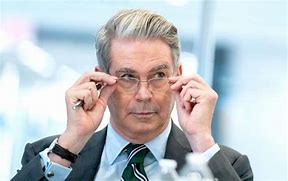
How to get URL link on X (Twitter) App

https://twitter.com/sethjlevy/status/19798946050186939712/ In September 2020, Ruth Bader Ginsburg died.



https://twitter.com/sethjlevy/status/1910376276163953043The fundamental problem with China as a trade partner is that you can’t trust them to keep their commitments.


 Back in 2017, one of Trump’s first moves was to invite President Xi to Mar A Lago.
Back in 2017, one of Trump’s first moves was to invite President Xi to Mar A Lago. 

 First let's explore the dynamics that Bessent exploited shorting the pound.
First let's explore the dynamics that Bessent exploited shorting the pound.


https://twitter.com/ericldaugh/status/1853221108238987528This is a big problem for the Harris campaign especially if GA and NC are called quickly.

https://twitter.com/ericldaugh/status/18342358699406586762/ These mini videos consumed over and over throughout the day, day after day alters the impact and value analysis of events particularly video based events like a debate.

 So the debate is not the why.
So the debate is not the why. 
https://twitter.com/collinrugg/status/1702316764565266727If that tape truly exists, it is my speculation that Trump knew it existed way back in 2020. But at that time, after the impeachment and in the middle of Covid, there wasn’t any real way to effectively prosecute the case. At that time, it would have been perceived as Trump abusing his power to hurt Joe. Now it’s not a story about Trump abusing power because Trump isn’t at the helm. Instead it is properly received and understood as a story about Biden’s corruption.
https://twitter.com/aaronlarnavarro/status/1691637632411779407Does anyone believe that as you tear down the administrative state and reform the FBI/DOJ with the media pitching a daily fit that the 50% of the country that supports Democrats are going to seek to unite with you?


https://twitter.com/dlorieh/status/1686750212583198721The Special Counsel is attempting to turn a President’s right to lobby Congress into a crime.